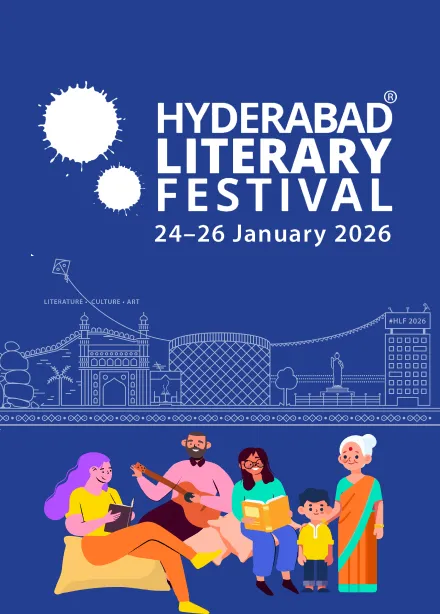

A Glimpse into the Festival
Relive the magic of stories, voices, and performances that made HLF unforgettable.
Started in 2010, HLF has become one of the most anticipated events in the cultural calendar of the city and country. HLF 2026 will be held, for the third successive year, at Sattva Knowledge City, HITEC City.
Register for HLF 2026 updates.
What Makes HLF Special
A celebration of literature, culture, art, and conversations that cross borders and generations.
Guest
Nation
Showcasing its literature,
art, and culture
Indian Language
in Focus
Celebrating our
linguistic diversity
Free and
Open to All
Making arts and ideas
accessible to all
Festival Streams
Discover the sessions, speakers, and stories waiting for you.
Literature
Books and Ideas
Kaavya Dhaara
Poetry Stream
Stage Talks
Creators’ Platform
Science & the City
Where Science meets Culture
Climate Conversations
Dreamcatchers
For Children and Teens
Youngistaan Nukkad
Youth Programmes
Indigenous & Endangered Languages
Storyweavers
Narratives for All Ages
Cultural Events
Interlude
Segue into Performances
Workshops
Exhibitions
Moving Images
Screenings and Interactions
Meet My Book
Authors’ Pitch
Festival Moments
Stories, performances, and exchanges that make HLF memorable
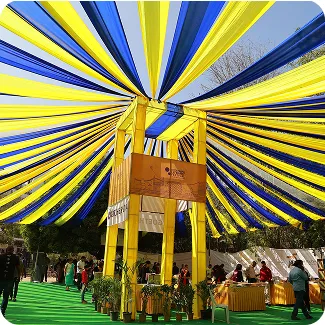
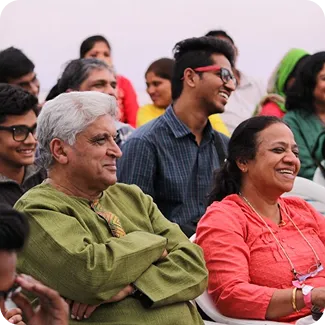
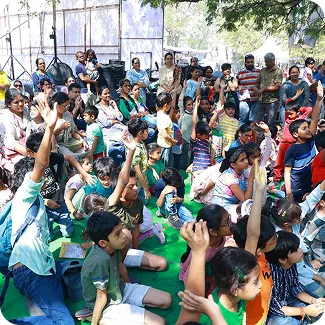
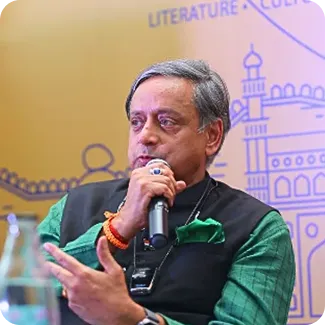
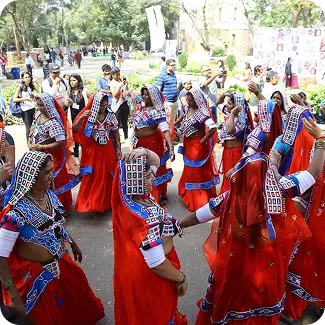
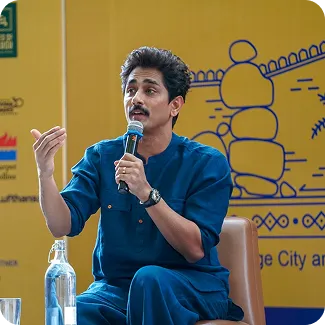
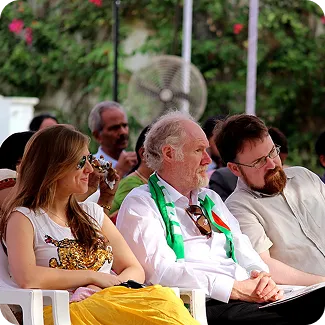
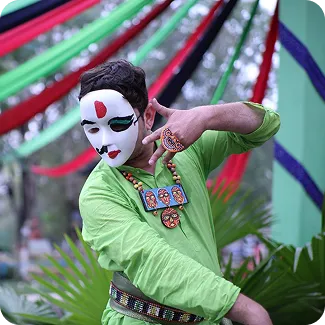
What People Say About HLF
Authors, artistes, and audiences share their HLF experiences
Deeply appreciate that HLF created fabulous spaces to interact and inspire all sections, ages and communities.
Tarana Husain Khan
Speaker

So refreshing to see an engaged, interested audience.
Nidhi Dugar
Speaker

Wonderful hospitality and fine support!
Debashis Paul
Speaker

A wonderful event and a terrific audience.
Aakar Patel
Speaker

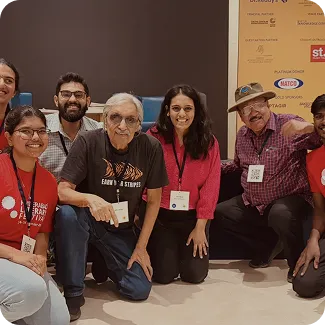







Our Patrons
HLF is proud to join hands with organizations that champion creativity and dialogue.
Our Partners
We thank our generous partners for making literature and culture accessible to all.






